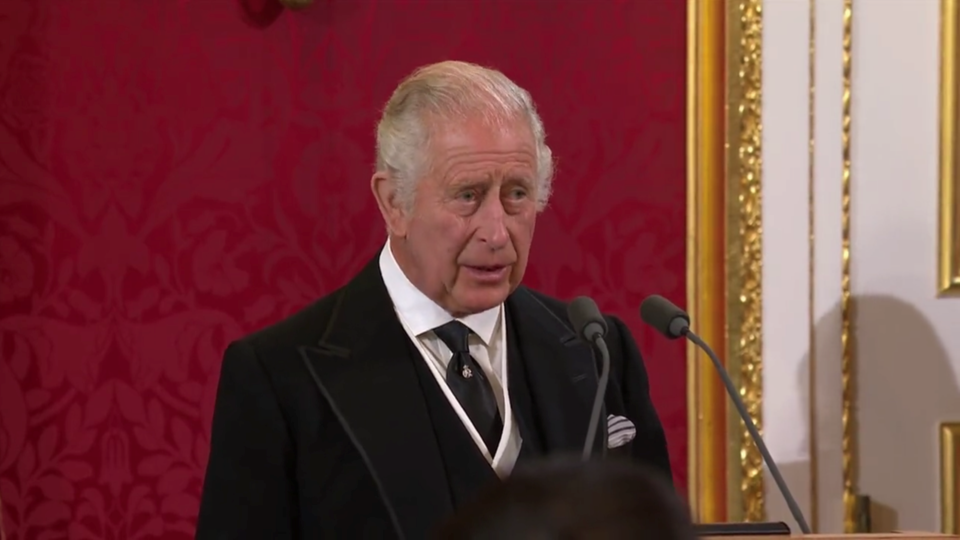The Queen is dead, long live the King! On 8 September 2022, Queen Elizabeth II passed away, thereby ending the Second Elizabethan era. And whereas the first Elizabeth’s reign saw the expansion of the English Empire into North America and South Asia, the second Elizabeth’s reign saw the dismantling of the British Empire, or rather its transformation into the Commonwealth of Nations. Now her son Charles, is King Charles III. For the first time in 70 years Canada has a king, with the queen consort, Camila, being his wife. Make no mistake, though, Elizabeth II has left her mark on history.
For many people she is the only monarch we have ever had. And if tradition is followed, we will soon see her face disappear from our currency as her son, facing left on coins, takes her place. Given his age, many of us will also see his son replace him, followed in time by presumably King George VII.
For those of you who love ceremony, there should be a coronation ceremony for the king and an investiture ceremony for William. Given that Charles III is all about organic food, environmentalism, and sustainability both should be interesting. If you thought people were upset over the Pope receiving a headdress this summer, imagine what they will think if the coronation includes representative dignities from across the Commonwealth in any way other than as audience members. One also wonders what people will do with a millennial monarch, when William becomes king. And of course, let’s not forget the conspiracy theorists. They are sure to be upset over the news, as Charles is heavily involved in the World Economic Forum, but then again they have a pretender, Romana Didulo, to pledge their allegiance to.
It was long speculated that Charles might pick a different regal name, but his first decision was to be King Charles III. The first Charles was king during the Wars of Three Kingdoms and famously lost his head in 1649 after losing the English Civil War, while the second Charles oversaw the restoration and reportedly a period of hedonism that followed the fall of Puritanism as the official state religion. One wonders what the third Charles will be known for, if anything. At the risk of being wrong, I think a few things are likely to happen.
First, it is likely that Charles will reign over fewer kingdoms than his mother. Barbados became a republic in 2021 and Jamaica is following suit. Given the change in monarchs it is a natural time to make the break, especially as it avoids the awkwardness of telling the current monarch that their position has been eliminated. In theory, Canada could become a republic, but under our current constitution such a change is really difficult to make, and therefore incredibly unlikely. Indeed, the last prime minister who tried was Brian Mulroney and we all know how well Meech Lake and the Charlottetown Accord went. I doubt Justin Trudeau wants to try his hand at it. Australia might do it, but even that is not a foregone conclusion. It is far more likely that the change will occur in the unitary realms of the Caribbean and Oceania.
Second, it is likely that Charles will be more outspoken than his mother. Queen Elizabeth II was an expert at remaining neutral in ways that her son has never been. Furthermore, given his years of experience working on a number of initiatives, it will be hard for him to appear neutral. Do not get me wrong, I do not think he will insert himself in politics, but already proponents of organic food, environmentalism, and sustainability are hailing him as the “Green King.”
And finally, it is possible that he will not do much at all. Our new king is in his seventies, and assuming he lives as long as his mother, that only gives him 22 years on the throne. While not short of period of time per se, it could be relatively uneventful, especially where the monarchy is concerned. And given all the things Prince Charles is known for, it might be a relief for him to have a quiet reign.
At this point, we have nothing left to lose but our chains.
Daniel Sims is the chair of the First Nations Studies department at UNBC and a member of the Tsay Keh Dene First Nation.


